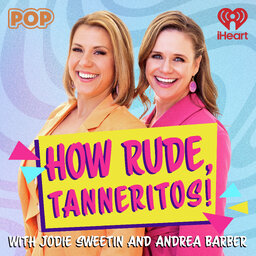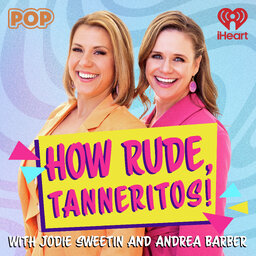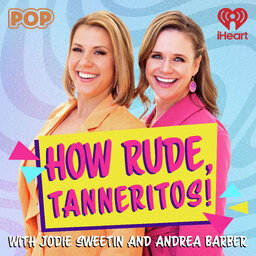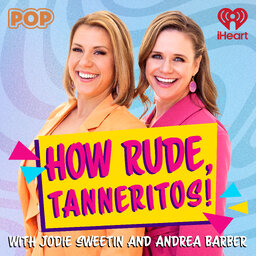Some Time With... Lenny Ripps (Part 2)
No description provided
In 1 playlist(s)
How Rude, Tanneritos!
How Rude, Tanneritos! A Full House Rewatch Podcast is here!! Stephanie Tanner and Kimmy Gibbler are…Social links
Follow podcast
Recent clips

"Educating Jesse" Recap Season 6, Episode 6
1:07:04

Some Time With... Bobbie Eakes!
29:59

"Lovers and Other Tanners" Recap Season 6, Episode 5
58:48
 How Rude, Tanneritos!
How Rude, Tanneritos!